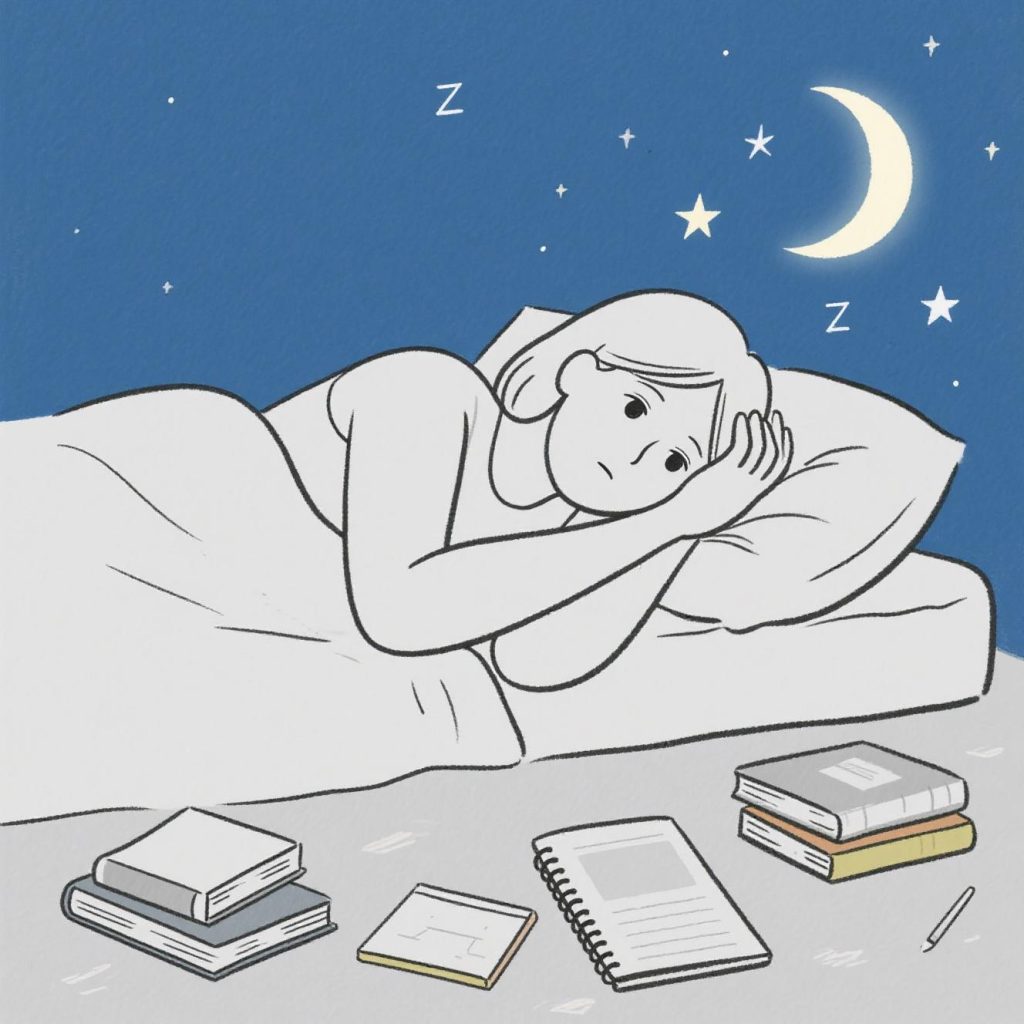Mindfulness for Better Sleep
(A gentle invitation to restful nights)

A restful night’s sleep is one of the greatest gifts we can offer ourselves.
While we sleep, our bodies work quietly — repairing, replenishing, and restoring our energy for the new day ahead.
Yet, many adults experience difficulty falling or staying asleep.
Lack of sleep can touch every part of our lives — affecting mood, focus, appetite, and our overall sense of wellbeing.
Mindfulness offers a gentle and sustainable way to support better sleep — without side effects, without pressure.
Studies show that regular mindfulness practice can be as effective as some traditional sleep treatments,and it brings additional benefits for emotional resilience, stress relief, and inner balance.
Why do we stay awake?

Often, it’s not the thoughts themselves that keep us awake —
but our habit of engaging with them, fueling them, and letting them spiral.
Breaking this cycle gently is the key to peaceful sleep.
How Mindfulness Helps: Three Gentle Ways
- Becoming an Observer, Not a Participant Mindfulness teaches us to notice thoughts without chasing them. Imagine your thoughts floating by like clouds — you simply watch them pass, returning your focus gently to your breath. Daily mindfulness practice strengthens this skill, so when nighttime comes, you can allow thoughts to pass without getting pulled in.
- Practicing Kindness Toward Yourself Self-talk matters, especially at bedtime. If we respond to wakefulness with frustration — “Why can’t I just sleep?!” — we add tension and stress to our body and mind. Mindfulness invites a kinder voice: “It’s okay. I’m here for myself.” This shift softens the heart and encourages the body to relax naturally into rest.
- Relaxation Practices In addition to daily mindfulness, gentle relaxation techniques at bedtime can help prepare the body for sleep. A simple method is diaphragmatic breathing: inhale deeply into your belly, feeling it rise like a balloon, and exhale slowly, lengthening the out-breath. You may also explore guided body scans, soft music, or aromatherapy to further create a soothing bedtime environment.
Gentle Reminder
Mindfulness is best practiced during the day when the mind is relatively calm,just like training a muscle with care and patience.
When bedtime arrives, your earlier practice will support you —helping you step away from spiraling thoughts with kindness and ease.
Together with good sleep habits — such as limiting screen time, creating a restful space, and reducing caffeine —mindfulness can guide you toward truly restorative sleep.



